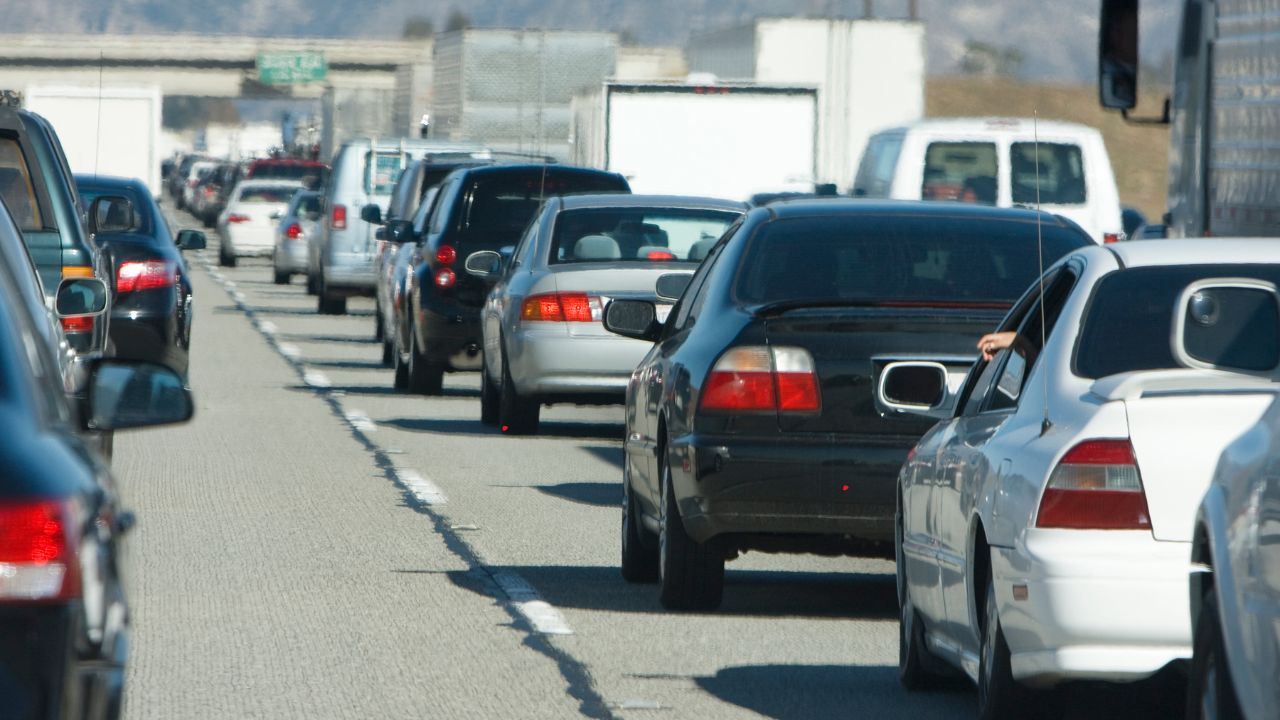Buying a used car in California can save you money. But it also brings risks. One of the biggest? The car might be stolen. Before you buy, check the car’s history. A quick California VIN check can quickly show if someone reported the vehicle as stolen. It only takes a few minutes—and it could save you from losing money or the car.

What Is a VIN and Why It’s Important
A VIN (Vehicle Identification Number) is a 17-digit mix of letters and numbers. It works like a fingerprint for the car.
You can find the VIN:
- On the dashboard near the windshield (driver’s side)
- Inside the driver-side door frame
- On the car’s title or registration papers
The VIN gives you details about the car. It can show if the car has been in an accident, stolen, or marked as salvage. If you’re new to this, learn how to decode a VIN in our easy guide.
Why You Should Check the VIN in California
California has a huge used car market. Sadly, it also has a high number of stolen cars. If you buy a stolen vehicle, the police can take it—even if you didn’t know it was stolen. You could lose your money and have no legal protection.
A California vehicle VIN check helps you stay safe. It shows if the car was stolen, damaged, or had its title changed.
How to Check a VIN for Theft
There are multiple ways to run a VIN number check in California, depending on how detailed you want the results to be. Here’s a step-by-step overview:
Check With the California DMV
Cost: Varies (Free for some basic services)
The California DMV lets you look up the car’s title and registration status. This helps you spot any missing or fake documents.
Here’s how:
- Visit the California DMV website
- Look for “Vehicle Record Request”
- Fill out the form (INF 1125)
- Pay the fee if needed
💡 To learn more, check out how to verify a car title in California before buying.
Run a VIN Check Online
Cost: Free
You can use a trusted site like VINCheck.info to get a full report. These services collect data from:
- DMVs
- Insurance companies
- Police databases
- Auction sales
Here’s what you might see in the report:
| VIN Report Detail | Why It Matters |
| Title History | See if the car has been branded as salvage, rebuilt, or junk |
| Theft Records | Check if the car has been reported stolen and not recovered |
| Accident History | Detect previous collisions that may affect performance |
| Odometer Records | Catch rollback fraud and mileage tampering |
| Recalls & Defects | Ensure the vehicle is safe to drive |
Want to know more about mileage scams? Check out our article on how to spot odometer fraud.
Signs That a Car Might Be Stolen
Even before you check the VIN, watch for these warning signs:
- VIN plate looks tampered or scratched
- Seller avoids answering ownership questions
- The price seems too low
- Missing title or registration papers
- The seller insists on cash only
If you notice any of these, trust your instincts and walk away. For more safety tips, read our guide on how to avoid buying a stolen car.
Final Checklist Before You Buy
Before signing any paperwork or handing over money, do this:
1️⃣ Check the VIN in all places (dashboard, door, papers)
2️⃣ Run a free VIN check through NICB
3️⃣ Get a full VIN report online
4️⃣ Ask for maintenance records and ownership history
5️⃣ Make sure the seller is the legal owner
Want more help? See our used car buying checklist to make sure you’re fully prepared.
Buy Smarter. Check the VIN First.
You don’t need to be a car expert to protect yourself. A few simple checks can help you avoid buying a stolen car. Always run a VIN check before you buy. It’s fast, easy, and can save you from a big mistake.
👉 Start your free California vehicle VIN check now.